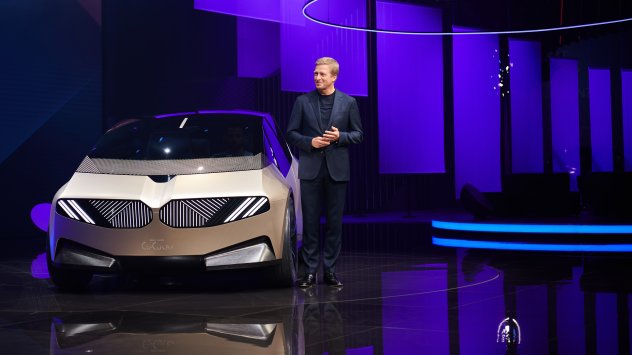
Снимка: BMW
By KONSTANTIN TOMOV
Абонирай се за неограничен достъп до
Bloomberg Businessweek Bg
За да видите статията, влезте в профила си или се регистрирайте
Етикети

By KONSTANTIN TOMOV
Абонирай се за неограничен достъп до
Bloomberg Businessweek Bg
За да видите статията, влезте в профила си или се регистрирайте